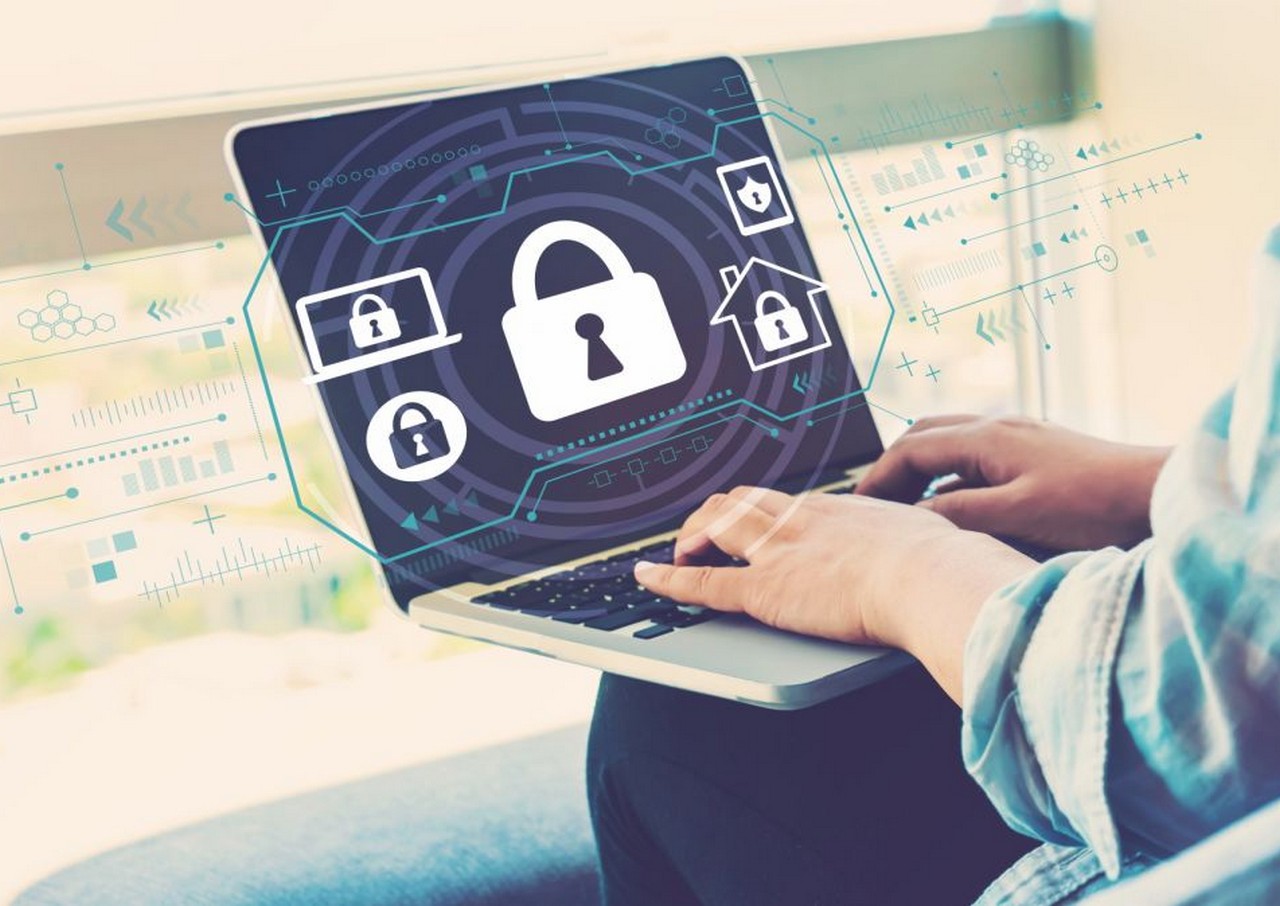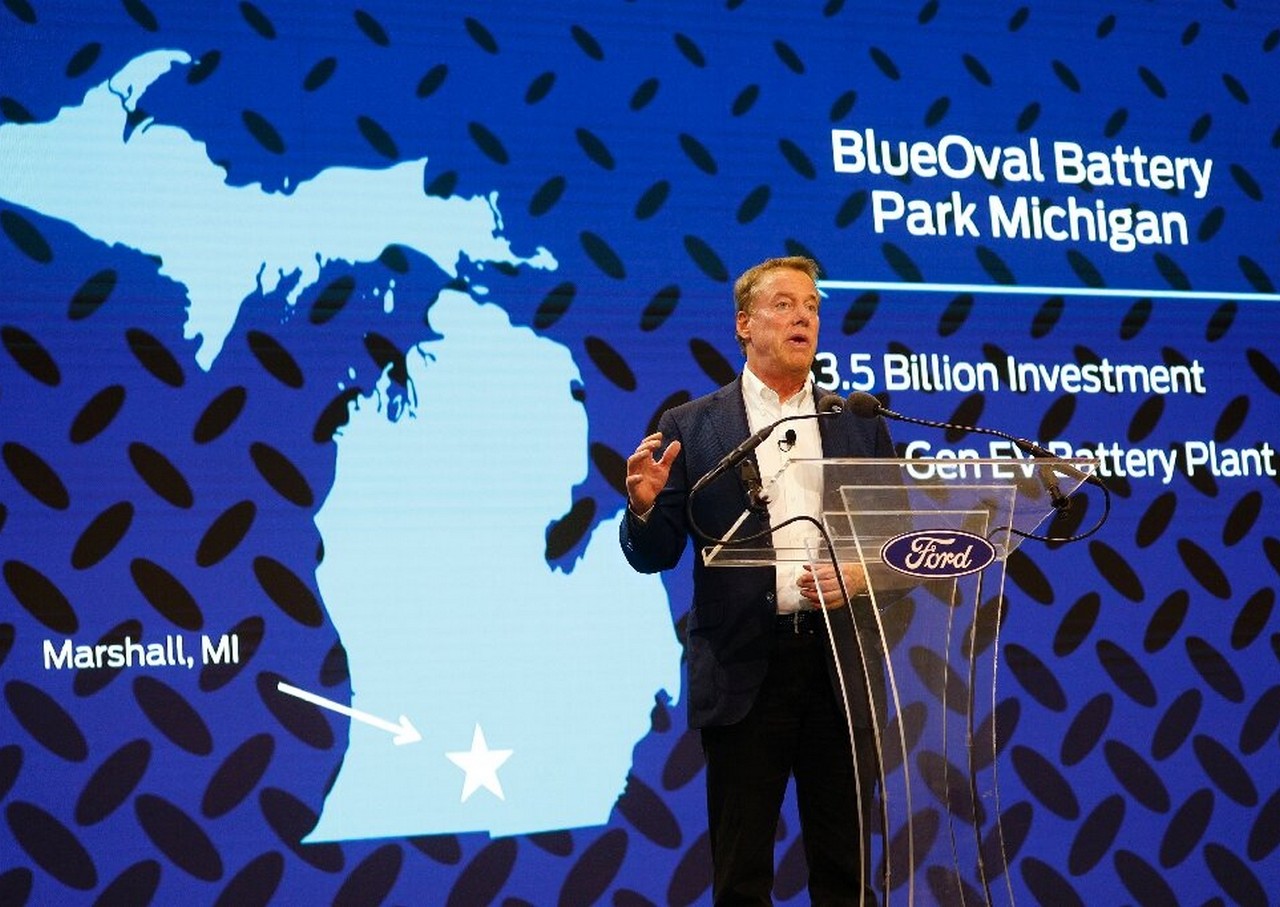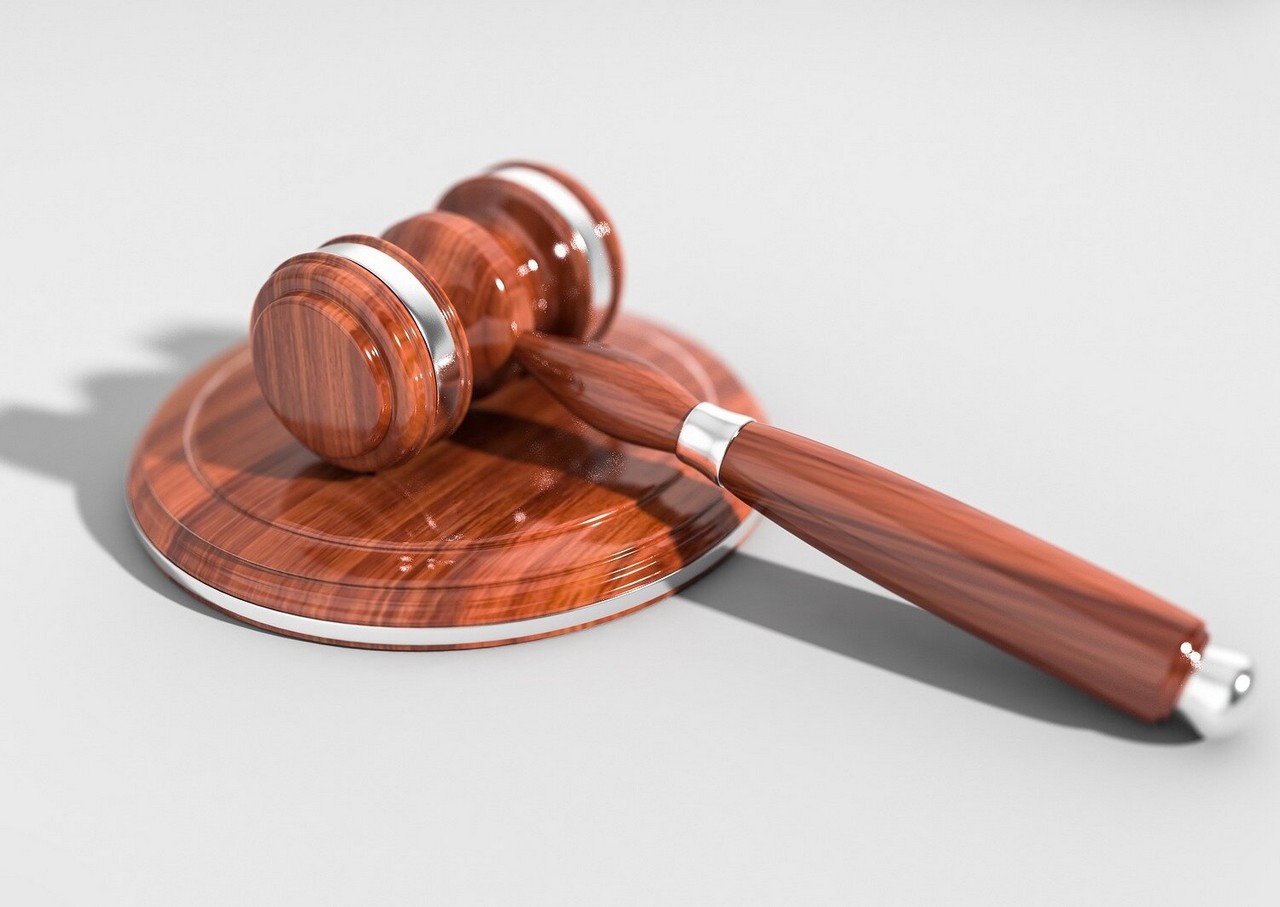The Illinois Supreme Court docket issued a much-anticipated opinion on the state’s biometric privateness legislation Friday, leaving the door open for large damages when corporations are discovered to violate residents’ privateness rights however suggesting lawmakers revisit the difficulty.
The case entails Ohio-based fast-food firm White Fort. Latrina Cothron, a Chicago-based White Fort supervisor, alleged she was required to make use of a fingerprint scan with the intention to entry her paystubs at White Fort with out prior consent in violation of the legislation.
Privateness attorneys and consultants have intently watched for the Supreme Court docket’s choice within the Cothron case due to the potential for a ruling that might permit damages to accrue each time Cothron and different White Fort workers scanned their fingerprints over the course of their employment.
On Friday, the Supreme Court docket dominated biometric privateness claims accrue beneath state legislation each time an individual supplies their biometric data with out prior knowledgeable consent. The court docket acknowledged this interpretation of the legislation may depart the door open to huge damages—in White Fort’s case, greater than $17 billion, however mentioned “the statutory language clearly helps plaintiff’s place.”
However the court docket additionally urged damages shouldn’t be so giant as to bankrupt companies, as White Fort has argued may happen.
In a break up opinion, the bulk wrote Friday that whereas the legislature did intend to make use of “substantial potential legal responsibility” to guard residents’ biometric data, “there is no such thing as a language within the Act suggesting legislative intent to authorize a damages award that will outcome within the monetary destruction of a enterprise.”
“In the end, nevertheless, we proceed to consider that policy-based considerations about probably extreme harm awards beneath the Act are greatest addressed by the legislature,” Justice Elizabeth Rochford wrote within the opinion, which was joined by Justices P. Scott Neville, Pleasure Cunningham and Mary O’Brien. “We respectfully recommend that the legislature evaluation these coverage considerations and clarify its intent relating to the evaluation of damages beneath the Act.”
In an announcement, White Fort mentioned it was “deeply dissatisfied with the court docket’s choice and the numerous enterprise disruption that will probably be induced to Illinois companies, which now face probably large damages.”
The corporate mentioned it was reviewing its choices for additional judicial evaluation, pointing to the dissent within the ruling. White Fort didn’t reply questions on its present biometric privateness practices within the office.
James Zouras, an lawyer for Cothron, mentioned in an announcement he was “extraordinarily gratified” by the ruling.
“Hopefully, as we speak’s choice will encourage employers and different biometric information collectors to lastly begin taking the legislation significantly and guarantee such biometric information is correctly safeguarded,” Zouras mentioned.
Illinois’ biometric privateness legislation is taken into account the strictest within the U.S., partially as a result of it permits people to sue corporations over alleged violations. It requires consent earlier than corporations can accumulate and retailer biometric information, resembling fingerprints or retina scans.
Since its passage in 2008, the Biometric Info Privateness Act has sparked upward of 1,600 lawsuits in state and federal courts, White Fort’s attorneys mentioned of their Supreme Court docket temporary. Just lately, numerous massive tech corporations have agreed to settle biometric privateness circumstances for hundreds of thousands of {dollars}, although corporations typically do not admit wrongdoing in these settlements.
Google and Snapchat mother or father Snap Inc. each reached class-action settlements in biometric privateness lawsuits in Illinois final yr, agreeing to pay out $100 million and $35 million, respectively. Additionally final yr, Fb paid out a $650 million settlement involving its facial tagging function.
Below the legislation, plaintiffs may be awarded $1,000 for violations deemed negligent and $5,000 for “intentional” or “reckless” violations.
Particular person payouts in high-profile biometric privateness settlements have been a lot decrease—Fb doled out checks of $397 per particular person, as an example—however they’re nonetheless increased than quantities in different sorts of shopper settlements due to the potential for top damages.
On Friday, privateness legislation consultants provided various opinions as as to if the Supreme Court docket’s ruling will considerably have an effect on the dimensions of biometric privateness settlements. Many such circumstances had been stayed pending a ruling within the White Fort case.
Lior Strahilevitz, a professor on the College of Chicago Legislation Faculty, mentioned he anticipated the dimensions of damages and settlements in biometric privateness circumstances to extend because of the opinion.
“Plaintiffs and individuals who’ve had their biometric data used with out authorizing it are in a a lot stronger place as we speak than they have been yesterday,” Strahilevitz mentioned.
Matthew Kugler, a professor at Northwestern College’s Pritzker Faculty of Legislation, mentioned the language within the opinion however sends a transparent sign to decrease courts that corporations shouldn’t be required to pay exponential damages for each scan or information transmission.
“The court docket was attempting to protect the established order,” Kugler mentioned. “We’ll proceed to see giant damages awards, however the court docket is signaling to the decrease courts that these awards shouldn’t be bigger than they have been beforehand.”
Three justices dissented from Friday’s ruling, arguing {that a} declare beneath the biometric privateness legislation accrues solely upon the primary scan or transmission of biometric information.
“There is just one lack of management or privateness, and this occurs when the data is first obtained,” Justice David Overstreet wrote within the dissent, including that almost all’s ruling may result in “annihilative legal responsibility” for corporations.
“Imposing punitive, crippling legal responsibility on companies couldn’t have been a objective of the Act,” mentioned the dissent, which was joined by Justices Mary Jane Theis and Lisa Holder White.
Jody Kahn Mason, an lawyer within the Chicago workplace of legislation agency Jackson Lewis, which represents employers in biometric privateness litigation, mentioned it’s too early to inform how the Cothron ruling will have an effect on the dimensions of privateness settlements. However all members of the court docket, she mentioned, appeared to assist the concept that privateness litigation shouldn’t put corporations out of enterprise.
“They have been clearly grappling with this problem,” she mentioned. “Each the bulk opinion and the dissent affirm and say, damages shouldn’t be ruinous and they need to be discretionary.”
Jackson Lewis didn’t symbolize events within the White Fort case however submitted an amicus temporary on behalf of commerce organizations.
A variety of main enterprise teams signed onto amicus briefs in assist of White Fort, together with the Nationwide Retail Federation, the Chicagoland Chamber of Commerce, the Illinois Chamber of Commerce and the U.S. Chamber of Commerce.
Many corporations staunchly oppose the Biometric Info Privateness Act, which may make it troublesome for lawmakers to amend regardless of the Supreme Court docket’s suggestion that they make clear questions round damages, Kugler mentioned.
“Provided that many corporations wish to burn it to the bottom, it is laborious to do solely a tweak,” Kugler mentioned.
Strahilevitz mentioned change may be inhibited for one more motive: biometric privateness litigation has generated lots of money for plaintiffs’ attorneys in Illinois, a bunch that occurs to be “an important constituency for fundraising for Democratic politicians.”
“It is attainable that the enterprise neighborhood prevails in Springfield,” by limiting the damages plaintiffs are entitled to beneath the legislation, Strahilevitz mentioned, “however I would not anticipate to see it.”
It is also troublesome to say whether or not the legislature meant to permit for such damages, Strahilevitz mentioned. On the time the legislation was written, he mentioned, legislators had a restricted understanding of how far trendy utilization of biometric information may go and weren’t probably considering the potential of judgments within the billions of {dollars}.
“It is type of like asking what the Founding Fathers would have thought of NASA,” Strahilevitz mentioned.
The Illinois Supreme Court docket has beforehand issued plaintiff-friendly rulings decoding the legislation.
In 2019, the court docket upheld residents’ rights to sue corporations for accumulating their biometric information, together with fingerprint scans, in a case towards Six Flags. And earlier this month, the court docket issued one other plaintiff-friendly ruling in a case involving logistics firm Black Horse Carriers. In that case, Tims v. Black Horse Carriers, the court docket upheld a five-year statute of limitations for claims, quite than a narrower one-year time interval.
The Cothron lawsuit was first filed in Prepare dinner County state court docket in 2018 and later moved to federal court docket, which dominated in Cothron’s favor. White Fort appealed the choice to the U.S. Court docket of Appeals for the seventh Circuit, which despatched the case to the Illinois Supreme Court docket to interpret the problems beneath state legislation.
The case will now return to federal trial court docket, which is able to handle early-stage litigation points resembling whether or not or to not certify the case as a class-action lawsuit. Cothron has requested the court docket for permission to carry claims on behalf of as much as 9,500 present and former White Fort staff.







